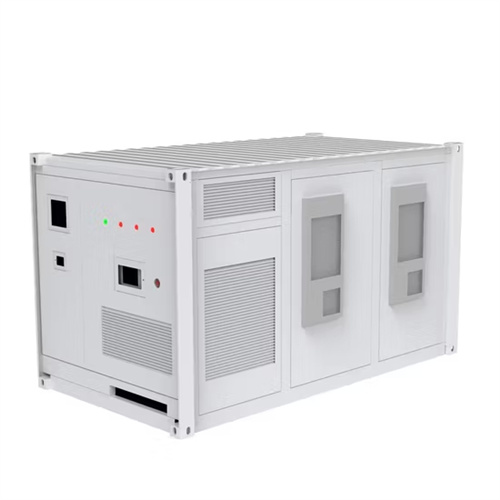China wind energy storage
As the photovoltaic (PV) industry continues to evolve, advancements in China wind energy storage have become critical to optimizing the utilization of renewable energy sources. From innovative battery technologies to intelligent energy management systems, these solutions are transforming the way we store and distribute solar-generated electricity.
6 FAQs about [China wind energy storage]
How many hours a year does China use wind power?
China’s national wind capacity utilisation averaged 555 hours in the first quarter last year, while solar farms averaged 300 hours, according to China Electricity Council. This compares with 462 and 373 hours respectively in the third quarter. Are there novel solutions to keep up with energy storage requirements?
Will China use non-hydro energy storage?
This article is for subscribers only. China plans to promote larger-scale use of non-hydro energy storage technologies at lower costs in order to backup the world’s biggest fleet of wind and solar power plants.
What is China's energy storage policy?
In 2017, China released its first national policy document on energy storage, which emphasized the need to develop cheaper, safer batteries capable of holding more energy, to further increase the country’s ability to store the power it produces (see ‘China’s battery boost’).
How big is China's energy storage capacity?
According to CNESA data, the capacity of independent energy storage stations planned or under construction in China in the first half of 2022 was 45.3GW, accounting for over 80% of all new energy storage projects planned or under construction.
Does China need more energy storage facilities?
China is fast-tracking its renewable-energy installation capacity in its five-year plan through 2025. Here’s what you need to know about energy storage in Asia’s biggest economy. Why does China need many more power storage facilities?
Should China develop stronger energy-storage infrastructure?
The answer lies in developing stronger energy-storage infrastructure. Hong Li is an adviser on China’s national planning committee for energy-storage development. Together with engineers and policymakers, the committee is working on a five-year research and development plan that will begin next year.

